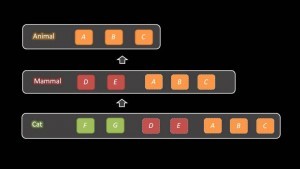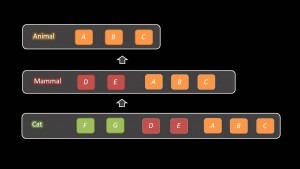--Originally published at GilbertoRogel
This course is not for the weak nor the procastinators.

I think flipped learning and #abolishgrading is good for students who actually want to learn because it gives you the choice to either procrastinate and waste time or organize yourself and your time to do the activities, homework, learn OOP, meet new people who can help you with OOP which is mostly what i did during this course (of course I did procrastinate a little, and by a little i mean ALOT, but I did everything, or at least most of what I was asked to do and some extra stuff which helped me with other courses).
During this course i learned Object Oriented Programming in the almighty JAVA programming language, and how did i did this? Well, first of all, without the help of my classroom partners or Lynda videos/StackOverflow/random websites i wouldn't be able learn the basic concepts of OOP such as what is an object, method, inheritance, polymorphism, delegation, use cases, a little of graphical user interface, etc.
I liked this way of learning mostly because it encouraged me to help myself and not procrastinate, i also liked it because i could ask anyone in the class about any problem i had and i would get help and answers real quick which helped me get my assignments done. I also had a lot of fun reading my classmates blog posts, some of them where funny, sarcastic and they really helped me with my WSQs and learning.
#CourseReview #TC201 #OOP #FlippedLearning #TacosVolteados
Gilberto Rogel García A01630171
sorryforthebadenglish:)











